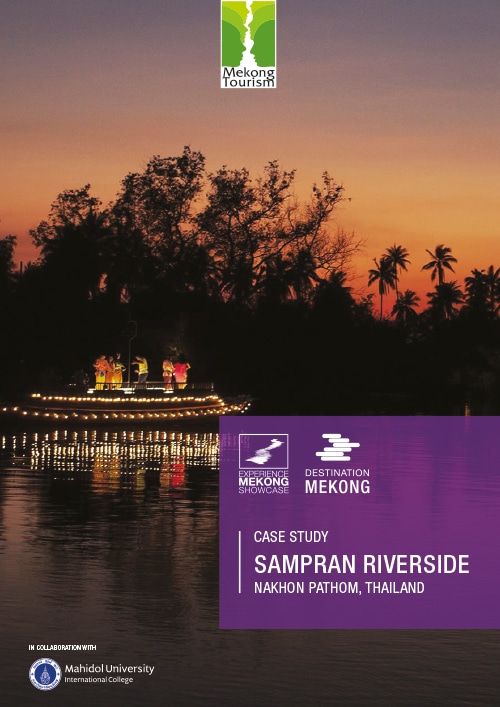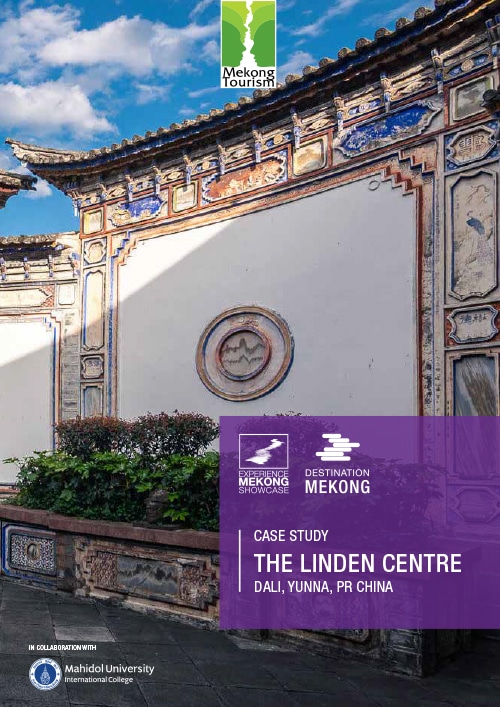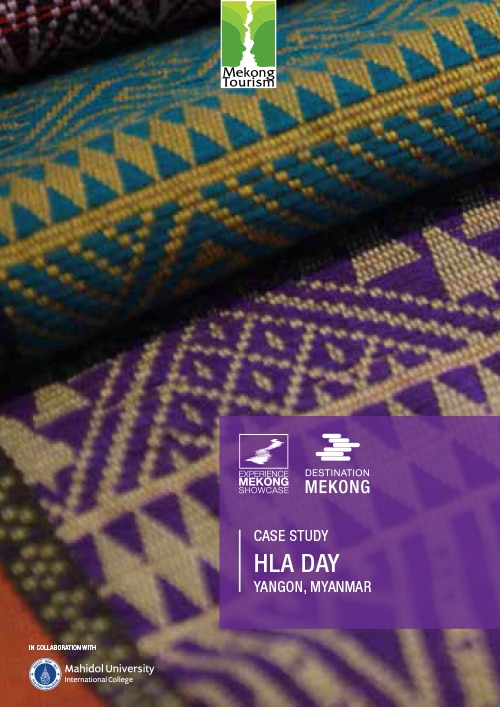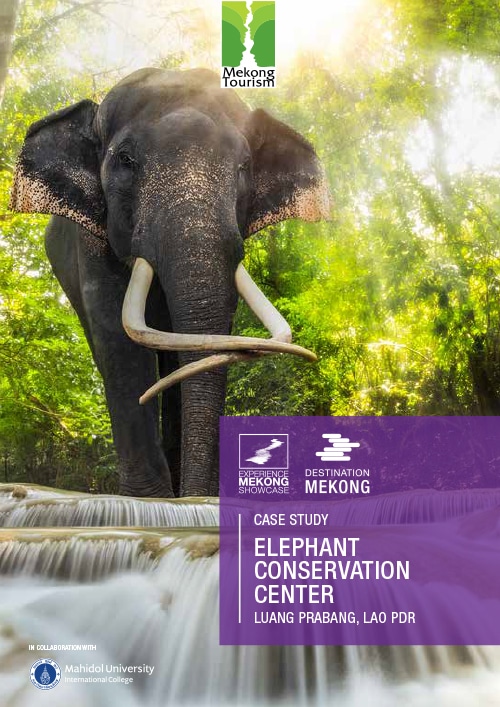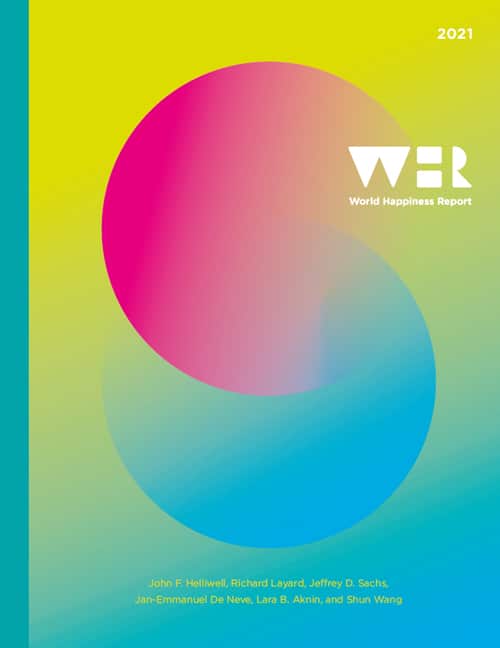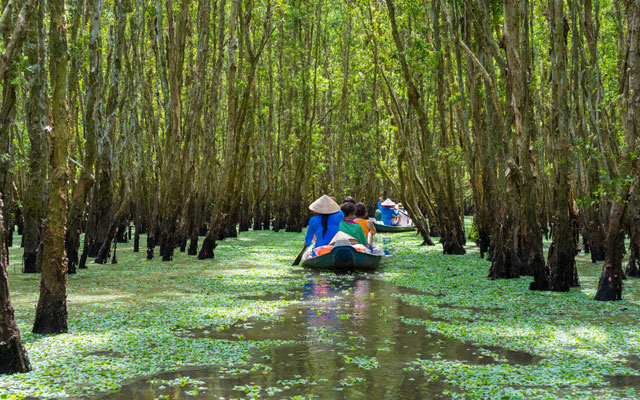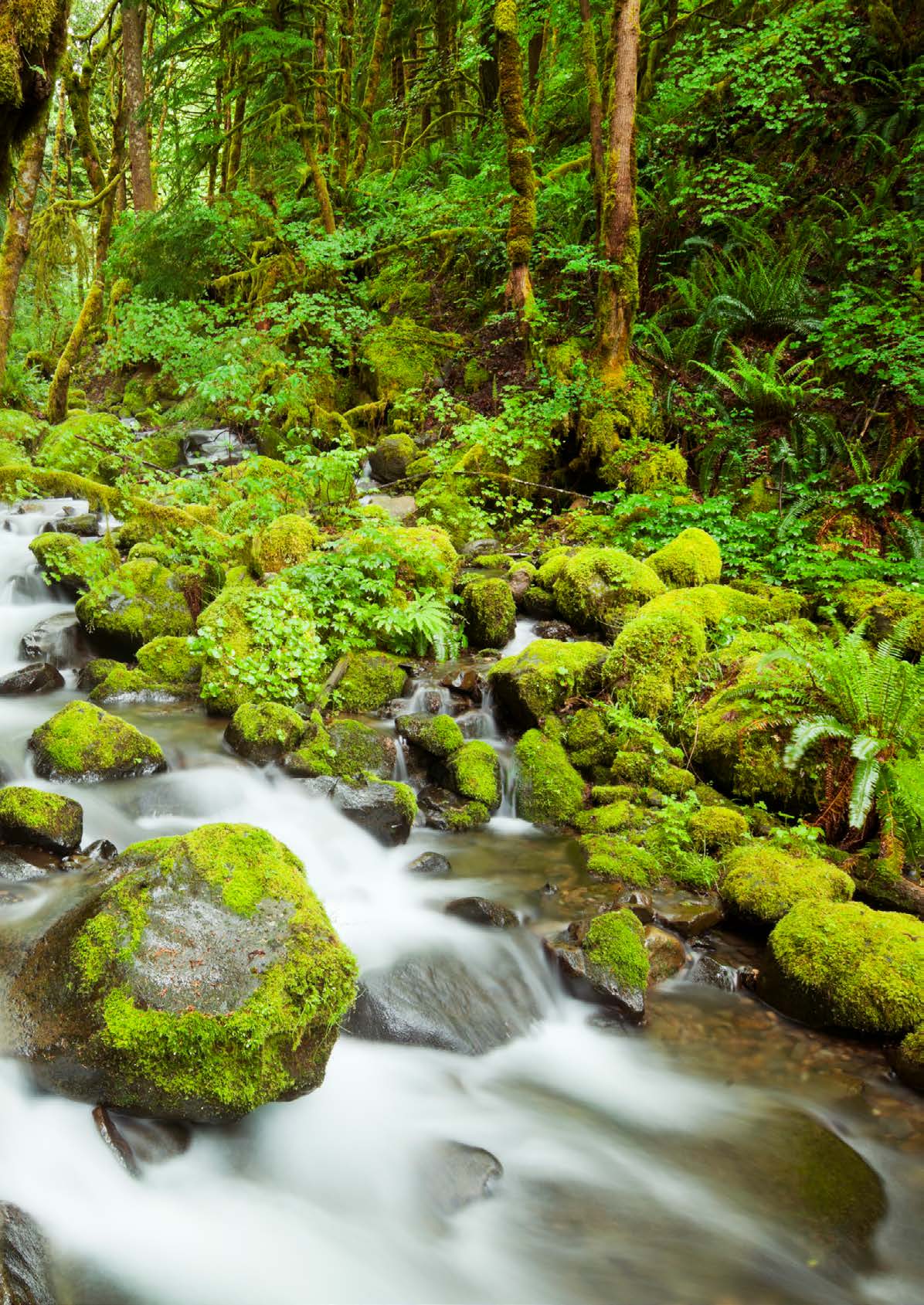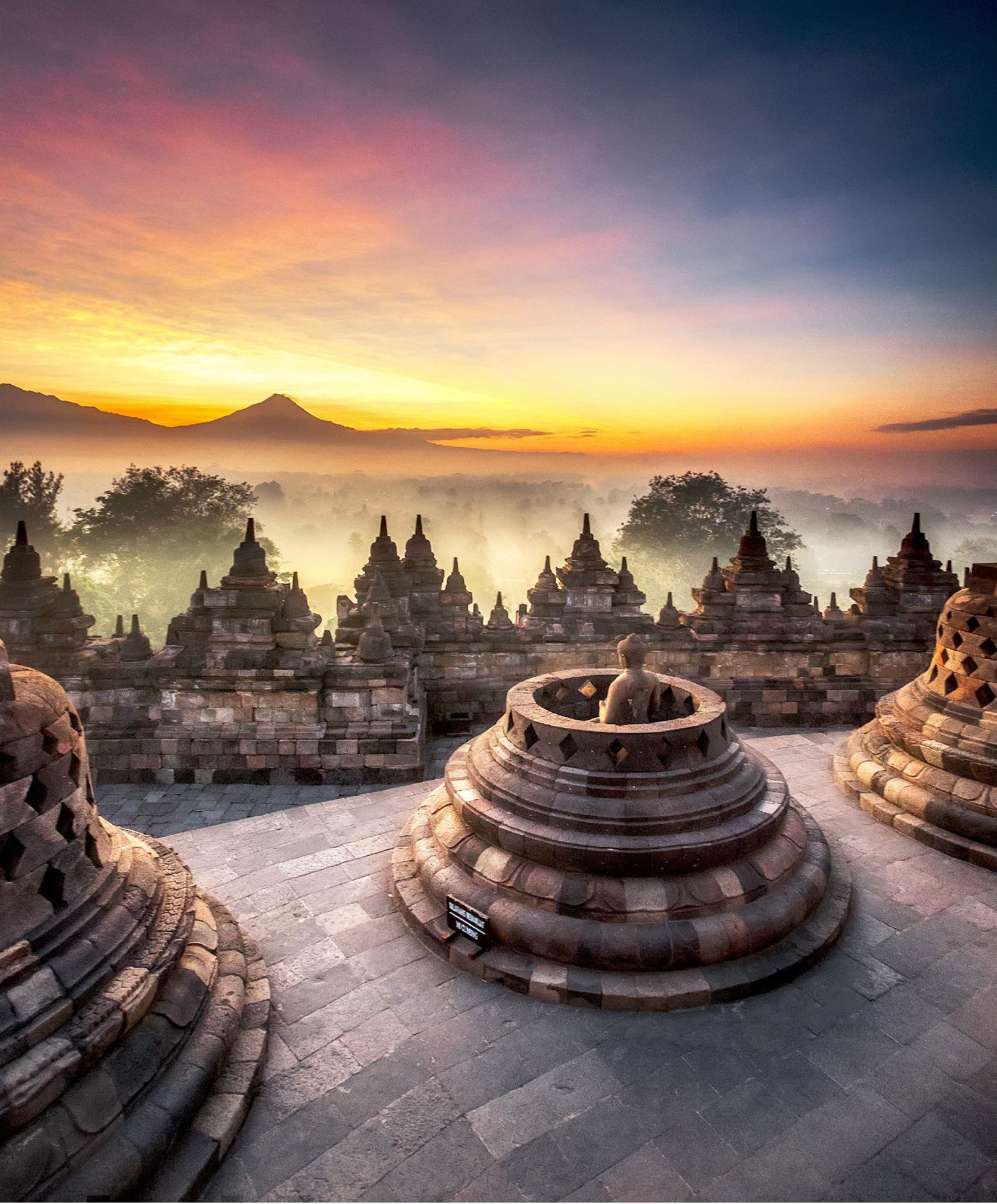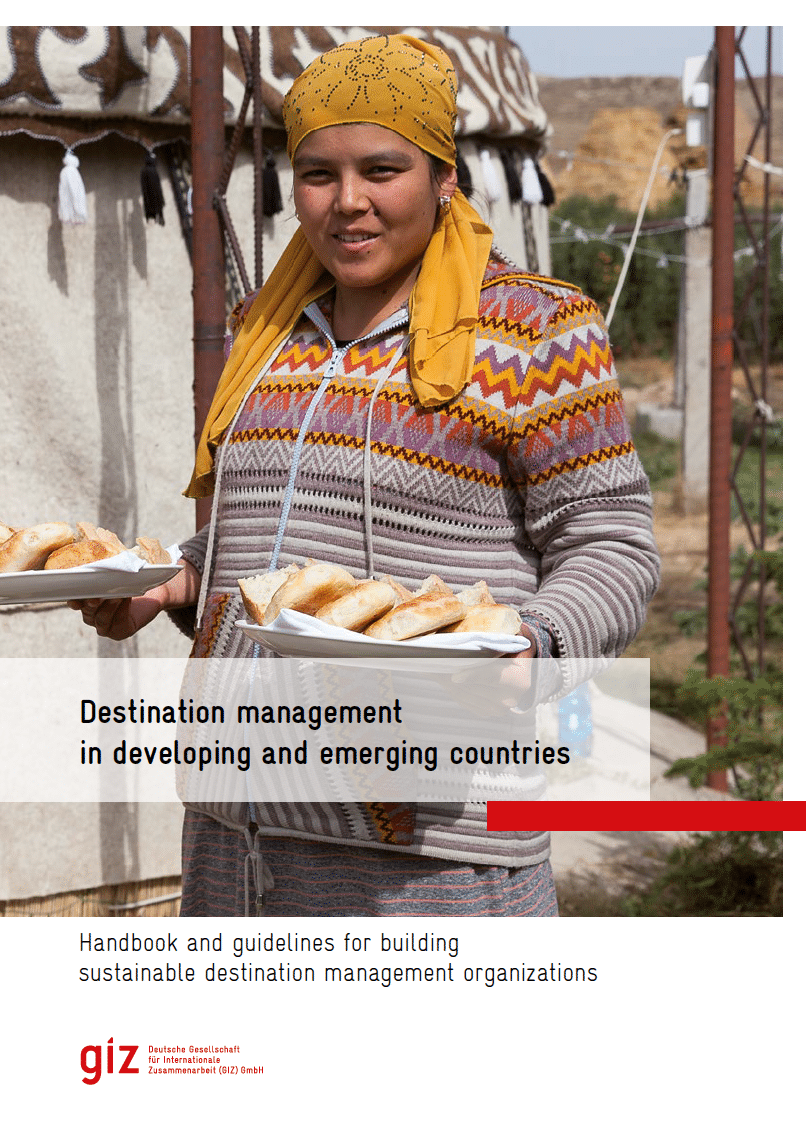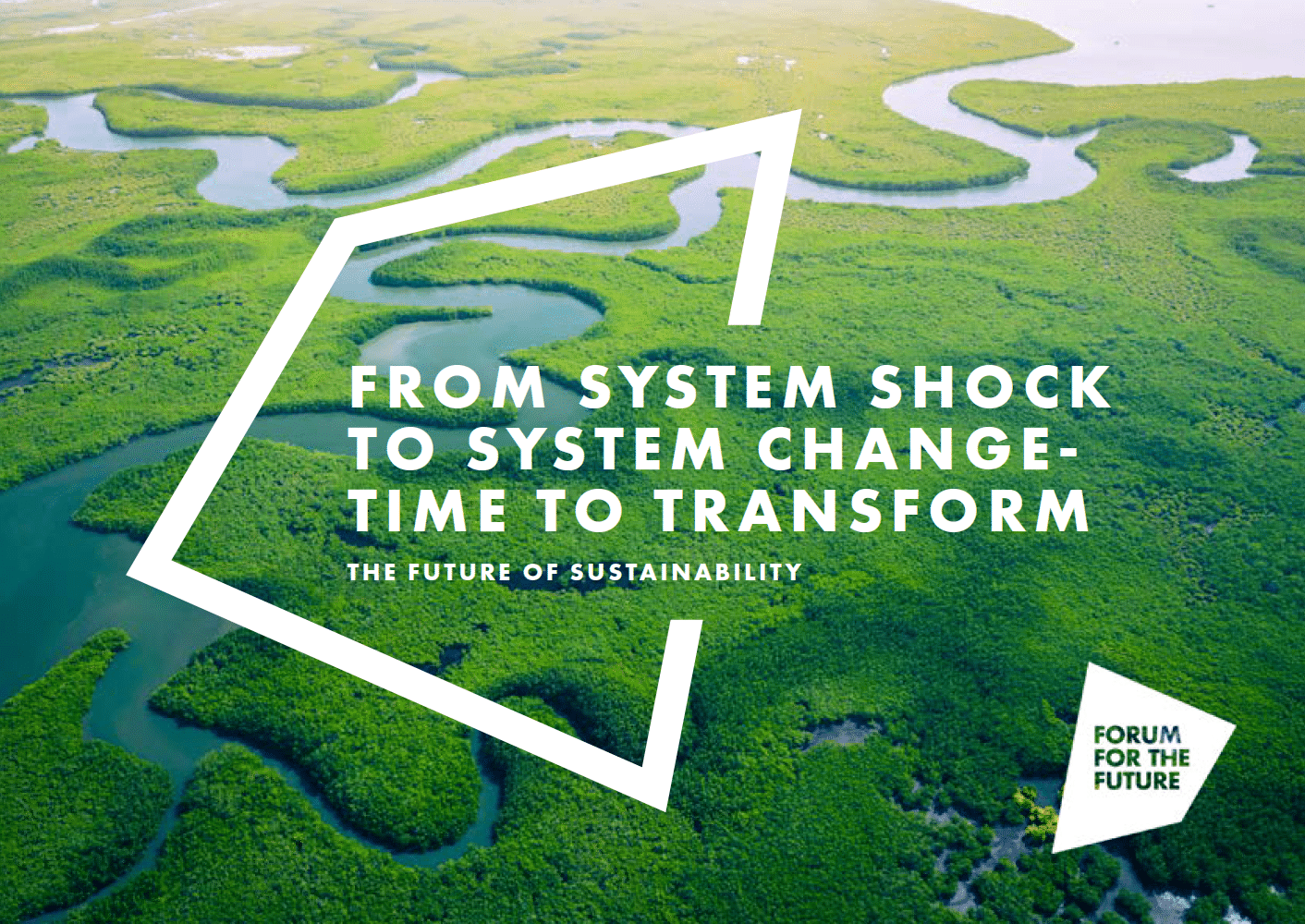Located on a 70-acre plot along the Tha Chin River,
Sampran Riverside (formerly known as the Rose Garden)
is a family-run eco cultural destination; now famous for its
wide range of sustainable initiatives and its sustainable
business model.
The Linden Centre
Floating above the pristine rice and canola fields north of
the old town of Dali is a beautiful courtyard compound
built in 1947 by a wealthy entrepreneur from the Bai ethnic
group named Yang Pinxiang. Over seven decades, the
building, which is located in the historic Xizhou Village,
went through many changes, from being privately owned
to becoming public property after the Cultural Revolution
and land reforms, and from serving as an army barracks
and military hospital to housing a kindergarten. In 2001, it
was designated as a national heritage site. The courtyard
finely captures the exquisite architectural style of the Bai
ethnic group that predominantly lives in the area. This
compound is now a boutique hotel managed and run by
an American couple, Brian and Jeanee Linden, who have
injected new life and respect into this important heritage
site.
Hla Day
Hla Day collaborates
with Myanmar artisans, disadvantaged groups and small
businesses to design, develop and sell handmade-
Myanmar products. Hla Day aims to capture unique
flavors of the Myanmar design by improvising traditional
skills and sourcing all the materials locally.
Elephant Conservation Center
The Elephant Conservation Centre (ECC), located inSayaboury, Lao People’s Democratic Republic (Lao PDR),aims to preserve and protect the Asian elephant, a speciesthat is on the brink of extinction.
Continue readingWorld Happiness Report 2021
The World Happiness Report 2021 focuses on the effects of COVID-19 and how people all over the world have fared. The aim was two-fold, first to focus on the effects of COVID-19 on the structure and quality of people’s lives, and second to describe and evaluate how governments all over the world have dealt with the pandemic.
Continue readingPublic-private partnerships key to Mekong’s tourism recovery
It is vital private sector players step up their game to coordinate unified tourism recovery across the Greater Mekong Subregion (GMS) countries in the wake of change at Mekong Tourism Coordinating Office (MTCO), say regional stakeholders.
Continue readingOne Planet Vision for a Responsible Recovery of the Tourism Sector
The One Planet Vision for a Responsible Recovery of the Tourism Sector builds on the UNWTO Global Guidelines to Restart Tourism released by the Global Tourism Crisis Committee on 28 May 2020 with the objective to support tourism to emerge stronger and more sustainable from the COVID-19 crisis. The vision is shared by the members of the One Planet Sustainable Tourism Programme
and partner organizations.
South-East Asian Outbound Travel Market
This study was conducted amongst potential visitors to Europe, both first-time and repeat visitors, who intend
to visit Europe in the next five years. Findings of this study are therefore specific to this target segment and
need not necessarily apply to general outbound travellers from South-East Asia.
Destination Management in Developing and Emerging Countries
Tourism can be a source of foreign currency, a job engine and a catalyst for sustainable regional development, but it can also have a negative impact. In order to access its inherent potential, tourism needs to be managed with foresight.
Managing destinations plays a key role here. Because of their market relevance and size, destinations have the potential to be developed and marketed from a sustainable perspective.
That requires effective destination management organizations (DMOs), which can manage the destination and coordinate various tourism-related stakeholders.
Continue readingFROM SYSTEM SHOCK TO SYSTEM CHANGE – TIME TO TRANSFORM
In this report, we explore some of the key dynamics that lie at the heart of these transitions. And we ask how we can make active choices now that will transform our future prospects by embedding, at the heart of our strategies and plans, the realisation that a fundamentally different model is needed. A model that puts people’s wellbeing and planetary health first, as the overriding imperatives. Planetary health is not separate to human wellbeing. The two are intricately intertwined. In order to achieve the just, resilient and truly sustainable world we want we advocate a regenerative approach – enhancing the underlying capacity of all individuals, communities and ecosystems, to be healthy, to keep evolving, and fulfilling their potential.
Continue reading